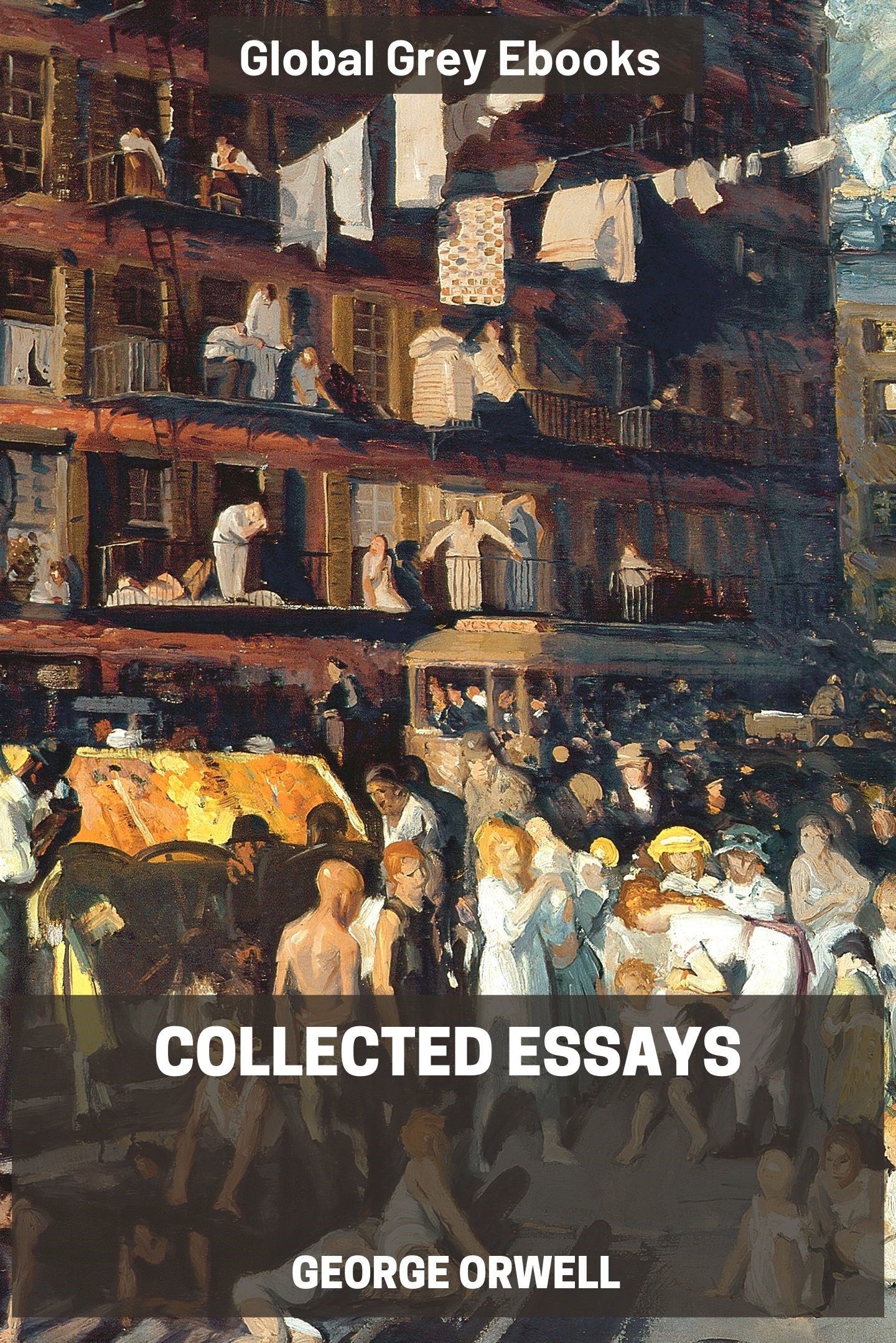
He writes in a descriptive way about the Jewish quarters in Marrakech, about the invisibility of the “natives,” and about the way citizenship doesn’t ensure equality under a colonial regime. Neither is he writing a memoir about what it was like to be the son of a colonial officer, nor how that experience shaped his adult life. Orwell isn’t writing a reflective, personal essay about his travels through Marrakech.

What does Morocco mean to a Frenchman? An orange-grove or a job in Government service. But where the human beings have brown skins their poverty is simply not noticed. No one would think of running cheap trips to the Distressed Areas. It is only because of this that the starved countries of Asia and Africa are accepted as tourist resorts. His father was a colonial officer, so Orwell was confronted with the reality of empire from an early age, and that experience is reflected in his literary journalism piece, Marrakech: Orwell wrote about the colonial regime in Marrakech. The following excerpt from George Orwell is a good example of literary journalism. Like journalistic writing, the literary journalism piece should be well-researched, focus on a brief period of time, and concentrate on what is happening outside of the writer’s small circle of personal experience and feelings.Īn Example and Discussion of a Literary Journalism Literary journalism is sometimes called “immersion journalism” because it requires a closer, more active relationship to the subject and to the people the literary journalist is exploring. It is fact-driven and requires research and, often, interviews. Literary journalism is the creative nonfiction form that comes closest to newspaper and magazine writing.

Literary journalism is another essay form that is best reserved for intermediate and advanced level courses, but it can be incorporated into introductory and composition courses. A sample assignment sheet is also provided for instructors. The distinction between beginning and intermediate writing is provided for both students and instructors, and numerous sources are listed for more information about creative nonfiction tools and how to use them. These resources discuss some terms and techniques that are useful to the beginning and intermediate creative nonfiction writer, and to instructors who are teaching creative nonfiction at these levels.


 0 kommentar(er)
0 kommentar(er)
